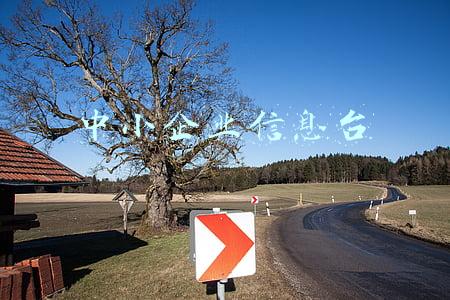happen不及物动词,发生. 主语是事,不能是人。一般指偶然性,突发性,无预见性地发生 突发事件
1.sth.+ happens+地点状语/时间状语 某地/某时发生了某事
2.sth.happen(s) to sb.某人发生某事(常指不好的事)询问人或事物的状况
What (has) happened (to...)?
=What’ s the matter/ problem (with ...)?
=What’s the/one’s trouble (with ...)?
=What's wrong (with...)?

=What’s up?某人/某物怎么样
= Is there anything wrong with sb.?某人有什么事吗?
① happen不及物动词,不能用于被动语态。
② happen非延续性动词,不能与表示一段时间的状语连用。不能用于完成时
happen动词,碰巧
1.sb. happen(s) to do sth.某人碰巧做某事
2.It happens/happened+that从句 碰巧……
辨析: take place与 happen发生
1.take place发生,举行,举办。指经过事先安排的,有计划,有目的,有准备地发生 会议 运动会
Great changes have taken place in my home town in recent years.近几年来,我的家乡已经发生了巨大的变化。
2.happen不及物动词,发生. 主语是事,不能是人。一般指偶然性,突发性,无预见性地发生 突发事件
take place和 happen都是不及物动词(短语),没有被动语态。
take the place of sb. /sth
=take sb. ‘s/ sth. ‘s place代替某人/某物
of所有格 和‘s所有格








